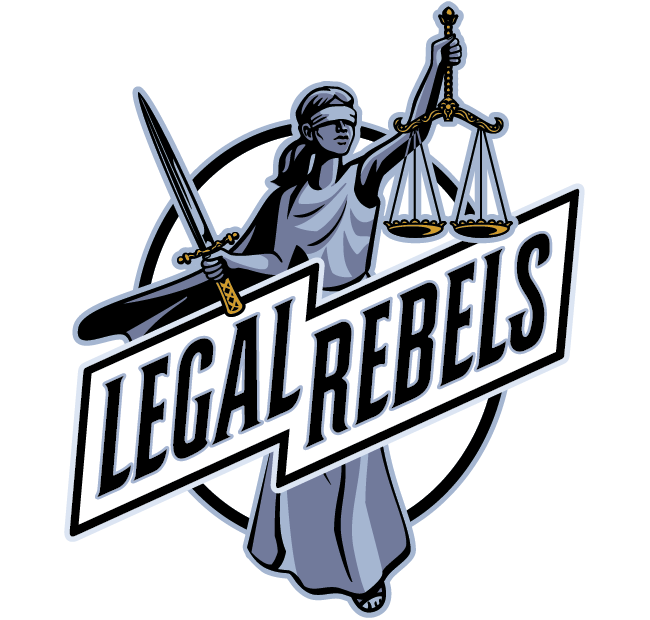
ChatGPT’s unveiling sparked conversations among law faculty, with opinions ranging from banning GPT platforms in certain classes to encouraging experimentation to reconsidering law school pedagogy, professors contacted by the ABA Journal say.
The impact of generative artificial intelligence tools like ChatGPT touches every stage of law school—from admissions to classwork to the law review and the bar—leaving faculty to assess the tool’s threats and opportunities.
Prior to its release in November 2022, “99% of people at law schools had never heard of ChatGPT, and ‘generative AI’ was not a term used routinely,” says April Dawson, a professor and associate dean of technology and innovation at the North Carolina Central University School of Law. “It was a completely different environment from the current legal education space.”
While the University of Michigan Law School now asks applicants to certify that they did not use AI for drafting purposes, some law professors say the free version of ChatGPT can support aspiring lawyers from underrepresented and under-resourced backgrounds who don’t have the means to hire consultants or don’t have the connections to help with their applications.
“Generative AI helps to level the playing field,” says Andrew Perlman, dean of Suffolk University Law School.
Although generative AI has been around and even taught in some law schools for years, it is banned at some schools for use on graded work to prevent cheating. “They don’t want students to have access to it. They don’t want students to use it,” Perlman adds.
That’s antiquated thinking that defies educational responsibility, says David Kemp, an adjunct professor at Rutgers Law School.
“It’s almost like not providing adequate instruction on Westlaw or Lexis. In most states, there’s an ethical obligation of competency that includes technological competence.”
Daniel Linna, Northwestern University Pritzker Law School’s law and technology initiatives director, agrees.
“We as educators need to be asking, ‘How do our students differentiate themselves?’ It’s not going to be by banning those tools.”
Perlman, a member of the ABA Section on Legal Education and Admissions to the Bar, believes in teaching generative AI from the get-go. “First-year legal research and writing classes would be an important place for students to learn about the tool,” he says.
At Rutgers Law, Kemp held a two-week summer course focused on improving ChatGPT proficiency. “It’s fun to watch it evolve and have students get excited,” he says. Kemp, a member of the ABA Center for Professional Responsibility, says he uses ChatGPT himself for up to five hours a day to stay on top of its evolving capabilities.
Others have integrated ChatGPT exercises into existing courses. In “Generative Artificial Intelligence and the Business of Law,” a course covering technology and its impact on the business of law, Alice Armitage, a professor at the University of California College of Law at San Francisco and the school’s director of applied innovation, requires students to practice prompt writing, then refine the results three times. Next, they write a five-page paper based on that information and fact-check it to eliminate potential ChatGPT hallucinations, she adds.
Armitage, an ABA member, now tweaks syllabi, assignments and exercises on new topics with ChatGPT.
“Every aspect of creating an exercise or an activity in class is time-consuming,” she says. “Updating used to take hours.”
ChatGPT also could change how law school exams are administered.
“The take-home essay question or essay exam really may become a thing of the past,” Kemp says. Instead, multiple-choice exams and oral arguments could be replacements.
These technological advances demand a hard look at what students need to practice law, “and that is an understanding of technology,” Armitage adds.
Locked in: Criminal justice startups tap into generative AI’s early promise
Bridging the Gap: Lawyers trying to increase access to justice see promise in generative AI
Helping Hand: Generative AI already is making an impact on legal research and writing
Always on: Will generative AI alleviate burnout or make lawyers more miserable?
Head of the Class: Law schools consider post-ChatGPT coursework
Age of e-Discovery: Generative AI could revolutionize e-discovery—but buyer beware
Rewiring Entry: How AI could blur the borders of immigration law
This story was originally published in the February-March 2024 issue of the ABA Journal.